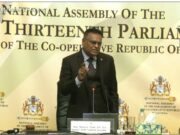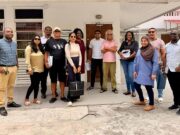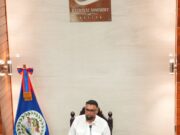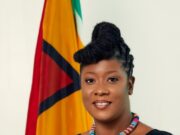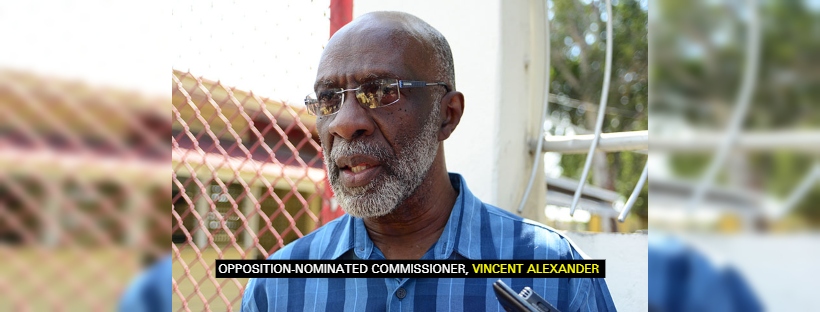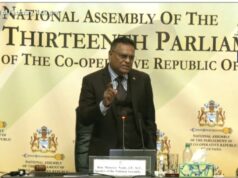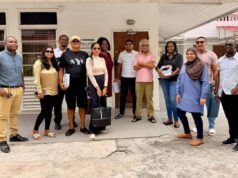What is driving the mass mobilisation of Afro-Guyanese towards the We Invest in Nationhood (WIN) party, led by businessman Azruddin Mohamed? It clearly isn’t shared ideas or policies because WIN has yet to unveil any formal platform or manifesto ahead of the September 1, General and Regional Elections. Its leader has only promised to reveal his plans “soon, very shortly.” So what, then, accounts for the party’s growing appeal, particularly among Afro-Guyanese?
To answer these questions, one must examine what Mohamed is known for, says Vincent Alexander, Chairman of the International Decade for People of African Descent Assembly – Guyana (IDPADA-G) and Opposition-nominated Commissioner at GECOM.
“Essentially, political parties mobilise people based on the commonality of ideas, and they share ideas about what they want to see for their country…What’s the common idea that would have mobilised anybody, and in this instance, African-Guyanese, to support a particular party? What’s the common idea?” Alexander asked.
He hastened to add that it could not be shared ideas, remarking that even Mohamed himself has undertaken to provide tangible policies at a later time.
“It cannot be contended that the mobilisation being witnessed is based on ideas or policies,” Alexander argued.
To arrive at a reasonable assumption, one must look through the eyes of the supporters – how do they see Mohamed?
“The only thing in the recent past which one can identify Mohamed with is visiting communities and doing ‘charitable work’. And so, if one wants to find a logical reason or a public reason for people’s association with Mohamed, they can be certain that they are into his charity. They either on one hand want to use him to extend charity or, on the other hand, want to be beneficiaries of charity. And they probably see a government that he would be in charge of as being a charitable government,” Alexander said.
Alexander added that Guyana is currently shaped by a corrupt “ethos”, one he says is marked by, among other things, moral, intellectual decay. He questioned whether Mohamed reflects this same tenet and where that is the driving force behind the mobilisation.
“The ethos which has overtaken us, in some regards, could be described as corruption, in the broad sense, corrupt mind, corrupt morality and corrupt ideas. And do, one may well ask the question if there is some aspect of the current ethos which is identifiable with Mohamed as much as it is identifiable with the wider Guyanese society and therefore a basis for them to feel comfortable working with Mohamed,” he said.
